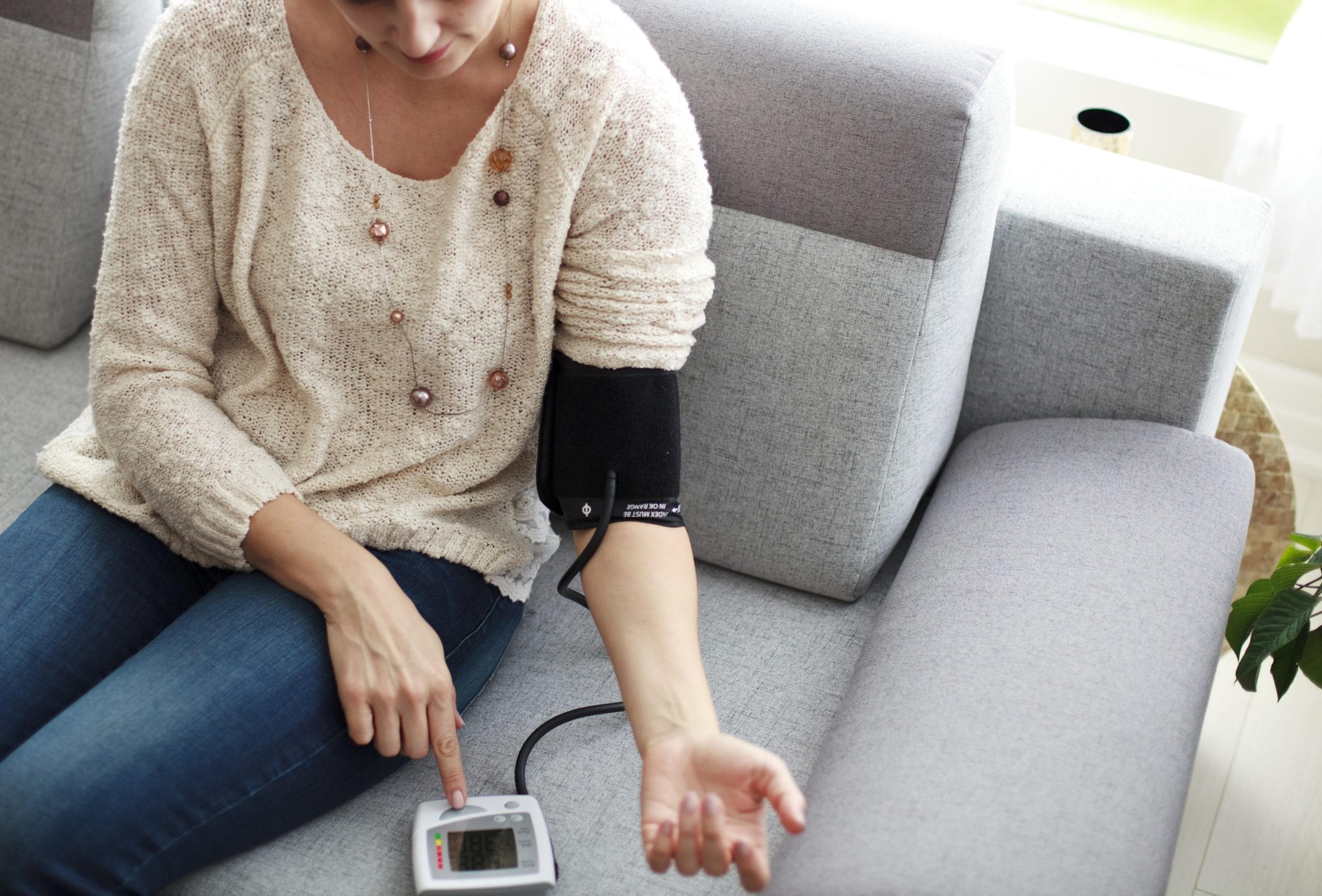
For people with underlying heart conditions, the risk of contracting COVID-19 and facing more serious complications from the disease are higher than for those without underlying health concerns. “I think the safe thing to say is that persons with heart disease … are seemingly at higher risk of contracting the disease,” said Dr. Eduardo Sanchez, chief medical officer for prevention at the American Heart Association. “You are also at higher risk of complications if you get COVID-19.” That means stroke survivors and people with heart disease – including high blood pressure, congenital heart defects and hypertension – need to be extra vigilant in keeping themselves safe. To underscore the seriousness of the situation, the American Heart Association reports coronavirus patients with preexisting heart conditions are experiencing mortality rates two to three times higher than the general population. Precautions people with heart conditions should take
- Stay home if you’re able. As much as possible, limit your exposure to the virus by staying home and asking those you live with to take similar precautions. Grocery delivery services can help you get fresh food, while phones, smartphone apps and devices can help you stay socially connected.
- If you must go out, follow safety guidelines. If you are an essential worker or can’t avoid picking up supplies at the grocery store, follow best practices to keep yourself safe. According to the U.S. Centers for Disease Control and Prevention, these steps include frequent hand washing and using hand sanitizer frequently when you aren’t able to wash your hands. You should also avoid touching your eyes, nose and mouth with unwashed hands. When you’re out, maintain a safe distance from others, cover your mouth and nose with a face mask or cloth cover and cover your coughs and sneezes. At home, focus on frequent cleaning and disinfection of surfaces you come in contact with.
- Keep taking your medications. “If you are a person with heart disease or have had a stroke and you are on medications, please continue taking your medications,” Sanchez stressed. Not doing so could risk your health in other ways. Blue Cross Blue Shield of Michigan and Blue Care Network have waived early medication refill limits on 30-day and 90-day prescription maintenance medications so you can avoid interruptions to your medication regimen and limit visits to the pharmacy.
- Step up healthy behaviors. Now is not the time to ease up on good habits you’ve already established. In fact, Sanchez advised people with heart conditions to “go above and beyond what you ordinarily do,” on a recent media call. Maintaining regular cardiovascular exercise that you can do safely, focusing on fresh, healthy meals as much as possible and limiting salt intake and finding ways to manage your stress and anxiety are all incredibly important right now.
- Know how to contact your doctor. Your primary care physician might have new ways for you to schedule virtual visits via traditional phone calls or video calls. Find out ahead of time the best way to contact your doctor and write that information down so you have it ready and available if you need it. Find other ways BCBSM and BCN members can access telehealth care options here.
- Don’t ignore symptoms. Typical symptoms of COVID-19 include cough, fever and shortness of breath. However, some cases may include symptoms such as chest pain or palpitations. It’s important to talk to your doctor if you notice any symptoms to determine the best next steps and to seek emergency treatment if you suspect you are having a heart attack or stroke or if it becomes hard to breathe.
It’s particularly important for people with underlying heart conditions to try to avoid exposure as the disease can further damage the heart. While it primarily attacks the lungs, the increased strain could make your heart work harder to move blood through the body, which could be difficult for an already compromised heart. The AHA notes that similar viral illnesses have been known to destabilize existing plaque in the body, which could lead to artery blockages and increased risk of heart attack. Related:
Photo credit: vitapix





